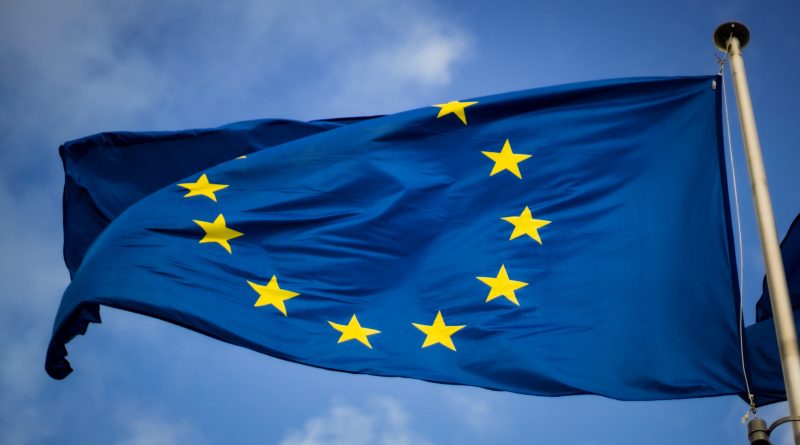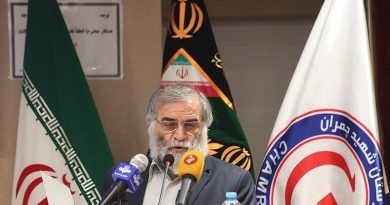EU Braces for a Winter of Energy Instability
Alejandro Ramirez
Staff Writer
Across the European Union, natural gas prices are peaking at levels not seen in the past twenty years, causing growing concern by energy policy experts for the implications across Europe. With COVID-19 lockdowns drawing to a close across Scandinavia and Western Europe, the imminent surge in demand for natural gas as winter nears is placing many EU states in a precarious domestic and strategic position, reports The New York Times.
The Wall Street Journal details that lower-than-usual gas reserves and a slump in wind-generated energy produced in the UK and Germany are significant factors in the price increase. In Germany, the price increase has led to potential insolvency issues, with major energy providers at risk should the record-high prices continue through the winter, adds Reuters.
The New York Times continues that a major reason for energy experts’ anxiety is the mismanagement of natural gas reserves, which were left depleted following high demand during last year’s unseasonably early and cold winter. Also contributing to the dearth of reserves is suppliers’ uncertainty about the volatility of gas demand from month-to-month, with estimates of future reserve requirements being undermined by changing lockdown requirements from state to state and lowered energy consumption across the EU in other economic sectors.
In Germany, gas reserve supplies now stand at just 50 percent capacity, and the sentiment among energy companies has grown increasingly dire. Reserves usually halt the refill process in October, leading many experts to fear that this level will not increase significantly as the high-demand winter season approaches. A lack of full reserves could put the security of German industry in the hands of Russia.
However, Reuters notes that the failure of Russian state-run energy company Gazprom, the largest supplier of natural gas to Europe, to export enough gas to fill reserves through the existing Ukrainian pipeline in the past weeks only serves to exacerbate the supply issue. Germany’s commitment to switching to renewable energy places them in a contentious position: with the new Nord Stream 2 pipeline to soon become the sole transport of natural gas directly to Germany and the greater EU, and a domestic renewable-energy program that Forbes reports is plagued with efficiency issues that some say could leave the EU vulnerable to disproportionate Russian influence, options for relief are becoming scarce.
Controversial amongst western leaders since its inception, Russia’s Nord Stream 2 pipeline would give Gazprom, and in turn Russia itself, a virtual monopoly on the European market for gas, cutting Ukraine out of valuable gas transit fees in the process. The direct-to-Europe natural gas pipeline lays across the Baltic Seafloor from Russia to Germany and is the largest of Europe’s natural gas pipelines, dwarfing the existing pipelines in Ukraine and Poland.
The possible loss of gas transit fees to Ukraine, valued at over $2.1 billion dollars a year, could prove catastrophic for the NATO ally while simultaneously giving Russia control over European energy independence at times of urgent need. Spiegel reports that, ensuring a transit contract for Ukraine that continues past its current expiration date of 2024 is a top goal for the U.S. and their allies.
Radio Free Europe reasons that the fear amongst European energy officials is a “hybrid war” scenario, presumably one where Russia could use the flow of gas through Nord Stream, notably during times of critical demand, as leverage to negotiate towards its greater foreign policy interests.
Reuters reports that EU leaders are now considering an investigation into Gazprom’s perceived hesitance to supply enough gas to meet the market’s demand. U.S. Senior Energy Advisor Amos Hochstein told Bloomberg that the move by Moscow is a way for Russia to pressure Europe to quickly certify the recently completed pipeline, a process that usually takes several months after construction itself is completed.
The United States House of Representatives passed an amendment to the National Defense Authorization Act that allows for the sanctioning of officials involved with the development of the pipeline, reports Radio Free Europe, although it still needs to pass through the Senate and receive President Biden’s authorization. It is uncertain what effect this would have on Russia, however, as the dire situation could create an unavoidable need for the EU to urgently authorize the pipeline come winter, provided Russia continues to squeeze its current supply levels from Ukraine.
Gazprom spokesman Dmitry Peskov has said the company is willing and able to meet Europe’s demand, reports Radio Free Europe. During talks between German PM Angela Merkel and Russian President Vladimir Putin in August, Putin assured the press that he would keep supply lines open, including renewing gas fees to Ukraine. Gazprom aims to have the pipeline fully operational by the end of the year.


